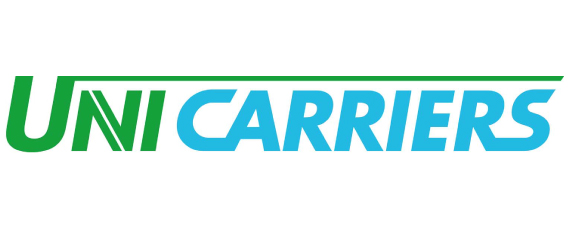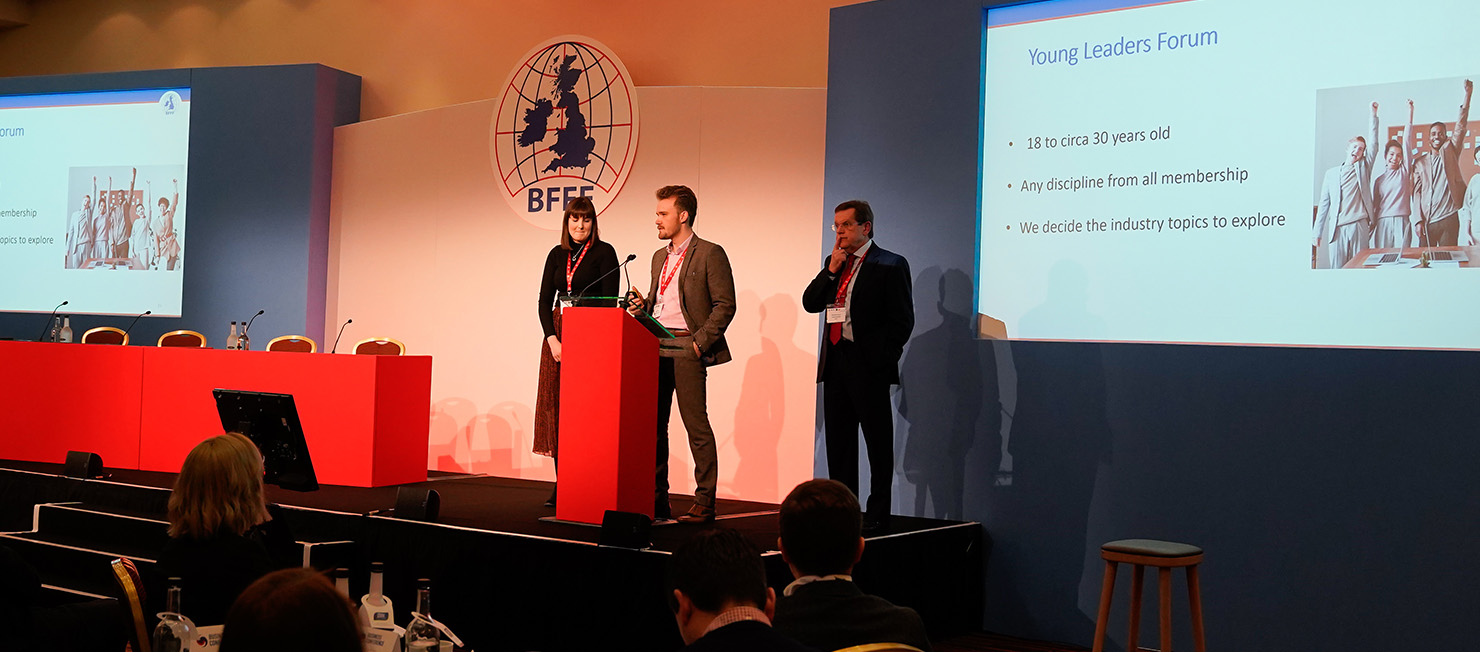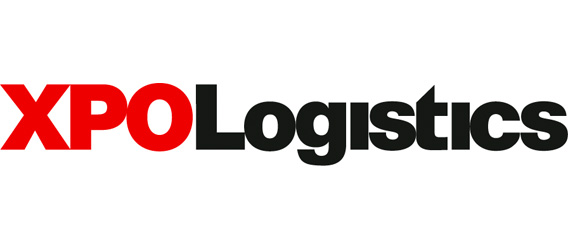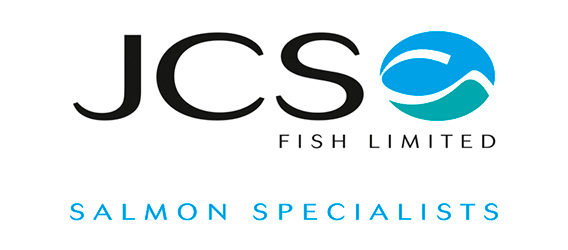£25m investment in British potato industry to help manage climate change and COVID-19 impact
£25m investment in British potato industry to help manage climate change and COVID-19 impact
- £25 million investment to support the future of British potato growing
- 40 per cent provided this year to help farmers combat immediate climate change and COVID-19 effects
- Investment strengthens McCain’s 50+ year partnership with farmers and will support broader hospitality and retail industries
- Collaboration is critical to protect the future of potato growing and McCain can’t do it alone, says Howard Snape, GB & Ireland President
Wednesday 12th August: McCain, the UK’s largest manufacturer of frozen potato products, today launches the McCain Potato Farmer Pledge, an investment of £25 million in the British potato industry. The investment will help British farmers manage the increasingly erratic weather caused by climate change as well as the impact of COVID-19. The investment will also strengthen McCain’s partnerships with its farmers and benefit wider industries such as retail and hospitality.
“British potato farmers have been hit immensely hard in recent years,” said Howard Snape, Regional President at McCain GB & Ireland. “Having faced a major drought and one of the wettest harvests on record, they’ve experienced two of the worst crops in 40 years. Added to that, without us honouring our contracts with growers and finding alternative outlets, they would have been left with a huge surplus of wasted potatoes due to COVID-19 shutting down the hospitality industry.
“Today’s investment will not only help the potato industry but will also strengthen McCain’s partnerships with farmers and support the wider supply chain including our customers and suppliers. However, we can’t do this alone – to overcome the challenges facing growers, everyone needs to take the initiative to work collaboratively. It’s why within our sector we’re committed to working with farmers, customers, industry leadership groups and government to create a sustainable future for years to come.”
The £25 million McCain Potato Farmer Pledge has been worked on with farmer feedback and is split into three elements:
- Multi-year Incentives – A 3-5-year loyalty scheme rewarding farmers who continue to grow. The programme will help support the farming, hospitality and retail industries through a more stable and sustainable supply of potatoes.
- Grower Grant Funding – A fund to which growers can apply for grants to invest in harvesting capacity and improved sustainable potato growing through irrigation infrastructure and innovative new technology such as self-propelled harvesters. There have already been 85 applications from growers to date.
- Sustainable Contracts – Alongside honouring contracts during COVID-19, McCain is optimising its contracts. Improving prices on early season varieties, so farmers get
fair prices, and building greater flexibility into the farm-to-production system, to reduce delays. This is in addition to the Indexation Model which measures changes in the costs of production to ensure fair and sustainable contract pricing for growers, a method McCain pioneered in 2007.
McCain has also decided to allocate 40 per cent of the investment this year when farmers need it most, due to being hit by both severe weather and COVID-19’s enforced closure of the hospitality sector leaving a backlog of potatoes that cannot be used. This immediate funding will be delivered through grower contracts with McCain, grant funding and multi-year incentive offers.
Alongside the pledge, McCain has also been helping farmers navigate the impacts of the COVID-19 pandemic which has led to an oversupply of potatoes caused by the closure of bars and restaurants. As part of its commitment to honour all grower contracts, McCain worked to minimise wastage by reallocating potato varieties normally earmarked for foodservice to retail product lines, donating surplus stock to food banks via its partnership with FareShare and, where possible, storing potato stock for use next season.
Today’s investment also complements McCain’s ongoing work with farmers to increase the sustainability of agriculture, including our variety development, ‘Young Grower’ programmes, and our recently announced “Farms of the Future” that will showcase our focus on regenerative farming practices including enhancing biodiversity and soil health, through technology and innovation.
Daniel Metheringham, Director of Agriculture at McCain GB & Ireland, says: “We’re the experts in potato agriculture – from our seed business in Scotland to our team of expert agronomists, we work closely with our 250 growers every step of the way and are committed to supporting them through these challenging times. The last two years have seen two of the worst potato crops in the last 40 years and this paired with the impact of COVID-19 has left our growers with a number of challenges including bad crops and surplus potatoes. McCain growers saw an average 18% reduction in yield in 2018 and 16% of our 2019 storage crop was still left in field. This Pledge is about doing all we can to help our growers and we can’t thank them enough for all their work.”
NFU President Minette Batters, says: “Following two seasons of extreme weather impact followed by Covid-19 market disruption, growers need all the support they can get to have the confidence to grow into the future. We’re therefore pleased to see McCain taking a leadership position and providing this much needed investment opportunity and making a commitment to support their growers, and we look forward to working with McCain to help ensure that British potato production has a strong and sustainable future.”
Nigel Adams, a potato grower for McCain, says: “Our operations aren’t just about what goes on within our farm, there’s a much bigger world and supply chain out there which has a huge knock-on effect on our sustainability. For us to operate we need the market and the weather to be favourable and during the past few years both aspects have been hit. When you’ve got a customer like McCain and you know your product has somewhere to go, you can work with much more confidence. We couldn’t have produced with the weather in recent years without the tools that we’ve invested in, through McCain’s support. The flexibility in the funding from McCain has also allowed us to create a solution that is fit for our own farm, which is immensely helpful. The systems aren’t just for this year either, it’s going to help our farm and production year-after-year, meaning we can build a more sustainable future.”


























